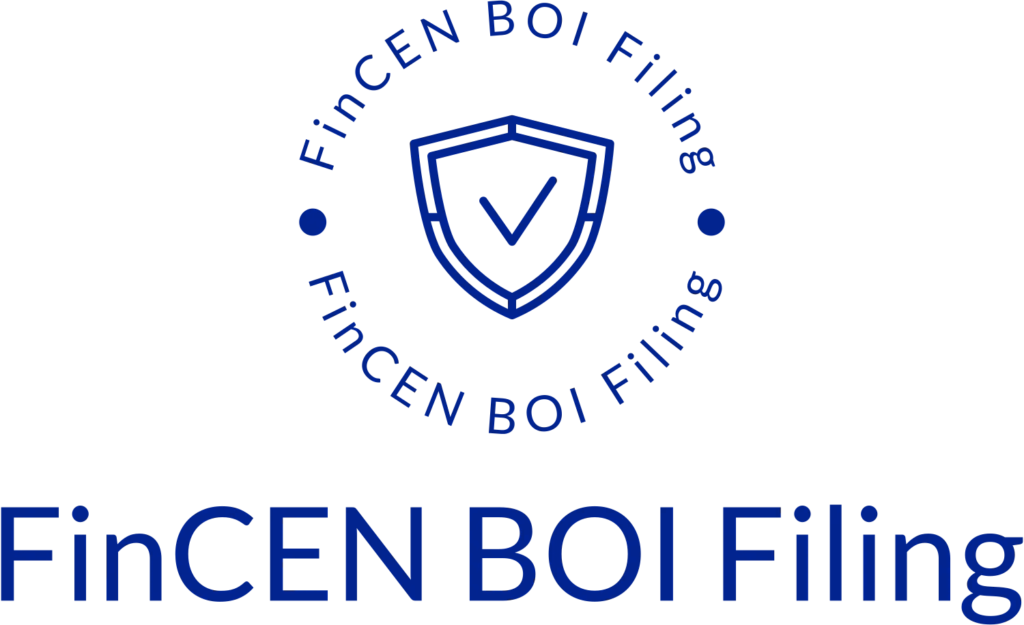The Corporate Transparency Act (CTA), which went into effect on January 1, 2024, represents a significant step in the United States’ efforts to combat financial crimes and enhance transparency in business ownership. This legislation aims to address long-standing vulnerabilities in the U.S. financial system that have been exploited by bad actors for various illicit purposes.
Purpose and Creation of the CTA
The primary purpose of the Corporate Transparency Act is to provide law enforcement with beneficial ownership information to detect, prevent, and punish terrorism, money laundering, and other misconduct conducted through business entities[1]. The act was created in response to growing concerns about the misuse of corporate structures for illegal activities.
Prior to the CTA, the United States was often criticized for its lax regulations regarding corporate transparency. This regulatory environment allowed individuals to easily create shell companies and other business entities without disclosing the true owners, making it difficult for law enforcement to trace illicit funds and activities.
Illicit Activities Targeted by the CTA
Before the implementation of the CTA, several types of financial crimes were facilitated by the lack of transparency in business ownership:
- Money Laundering: Criminals could easily hide the proceeds of illegal activities by funneling money through complex networks of shell companies.
- Terrorist Financing: Terrorist organizations could use opaque business structures to move and hide funds intended for extremist activities.
- Tax Evasion: Individuals and corporations could conceal assets and income from tax authorities by using anonymous companies.
- Fraud: Bad actors could create seemingly legitimate businesses to conduct various types of fraud, including investment scams and government contract fraud.
- Sanctions Evasion: Entities and individuals subject to sanctions could hide their involvement in businesses to circumvent international restrictions.
Beneficial Ownership Reporting as a Solution
The CTA’s Beneficial Ownership Information (BOI) reporting requirements are designed to address these issues by:
- Increasing Transparency: Requiring companies to disclose information about their beneficial owners, makes it harder for criminals to hide behind anonymous shell companies.
- Enhancing Law Enforcement Capabilities: Providing law enforcement agencies with access to a database of beneficial ownership information, facilitating more effective investigations into financial crimes.
- Deterring Illicit Activities: The increased transparency and reporting requirements serve as a deterrent to those who might otherwise use business entities for illegal purposes.
- Improving International Cooperation: Aligning U.S. practices with international standards on corporate transparency, facilitating better cooperation in global efforts against financial crimes.
- Protecting the Financial System: By making it more difficult for bad actors to exploit corporate structures, the CTA aims to strengthen the integrity of the U.S. financial system.
The BOI reporting requirements mandate that covered entities provide information about individuals who either exercise substantial control over the company or own at least 25% of its ownership interests[2]. This information includes personal details such as name, date of birth, address, and identification numbers.
While the implementation of the CTA places new responsibilities on businesses, particularly small enterprises, it represents a crucial step in the fight against financial crimes. By shedding light on the true ownership of business entities, the act aims to create a more transparent and secure financial environment, making it significantly more challenging for criminals to exploit corporate structures for illicit gains.
As the CTA takes effect, businesses need to understand their reporting obligations and the broader context of this legislation in combating financial crimes and enhancing national security.
Staying Compliant with the Corporate Transparency Act and Filing Your BOI
In conclusion, ensuring compliance with the Corporate Transparency Act is crucial for your business, and we are here to help. By filing your BOI report through FinCEN BOI Filing, you can trust that your information will be submitted accurately and securely, thanks to our secure API connection with FinCEN. Don’t leave your reporting obligations to chance—visit FinCEN BOI Filing today and take the first step towards seamless and compliant BOI reporting.





